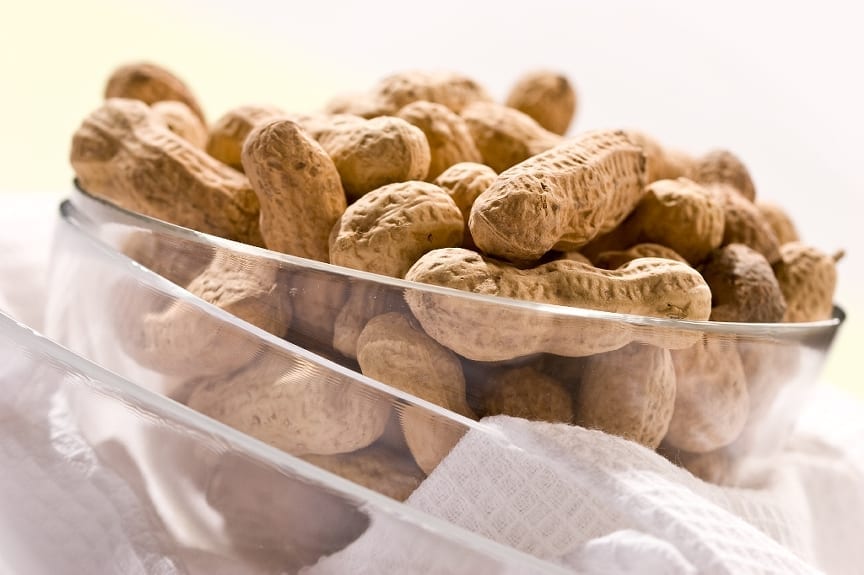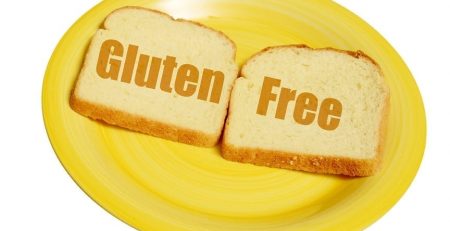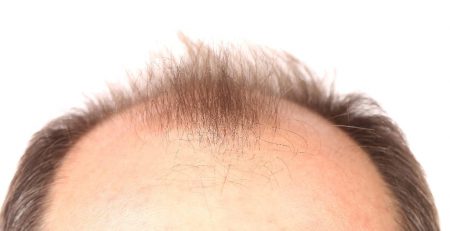New Treatment Suggests Potential Cure for Peanut Allergies
Peanut allergies are one of the most stark food induced allergic reaction, and if not treated can be lethal. Food allergies such as Peanuts are growing at an alarming rate. Currently there is no clinical treatment available for peanut allergies, other than removing them from the patient’s diet. Of course, injections of epinephrine are available for accidental ingestion. However, there’s been promising results from a new multicenter clinical trial for sublingual immunotherapy treatment (SLIT). This treatment consists of giving patients with the allergy a small daily dose of a liquid containing peanut powder. The individuals first hold the liquid under their tongue for duration of two minutes then swallows it.
“These results are encouraging,” says Wesley Burks (MD and Distinguished Professor at the University Of North Carolina School Of Medicine). The immune response was stronger than we thought it might be, and the side effects of this treatment were relatively small. However, the magnitude of the therapeutic effect was somewhat less than we had anticipated. That’s an issue we plan to address in future studies.”
Burks and David Fleischer (MD of National Jewish Health in Denver, CO) are the leading authors of the study which was published in January 2013 issue of the Journal of Allergy and Clinical Immunology. The initial study consisted of forty individuals with peanut allergies within the ages of twelve to thirty-seven years of age. Each person was randomly given a daily dose of a peanut or placebo SLIT. All participants were give a baseline oral food challenge of up to 2 grams of peanut powder to test how much peanut powder they could consume without symptoms.
As the study progressed to forty-four weeks, each of the participants was given an additional food challenge. Individuals that had the ability to eat either five grams, or at least ten fold more peanut powder than their baseline, were considered to be responders.
During this time seventy percent of the patients who received peanut SLIT were responders, compared to 15 percent of those receiving placebo. Among the peanut-SLIT responders, the median amount of peanut powder they could successfully consume increased from 3.5 to 496 milligrams. After 68 weeks, that amount increased significantly, to 996 milligrams. Of 10,855 peanut doses given through week 44
The study established that peanut SLIT safely induced desensitization in a majority of participants compared to placebo, and that longer duration of therapy led to significant increases in the amount of peanut powder people could safely consume.
Source Article:
http://www.eurekalert.org/pub_releases/2013-01/uonc-sis010713.php














